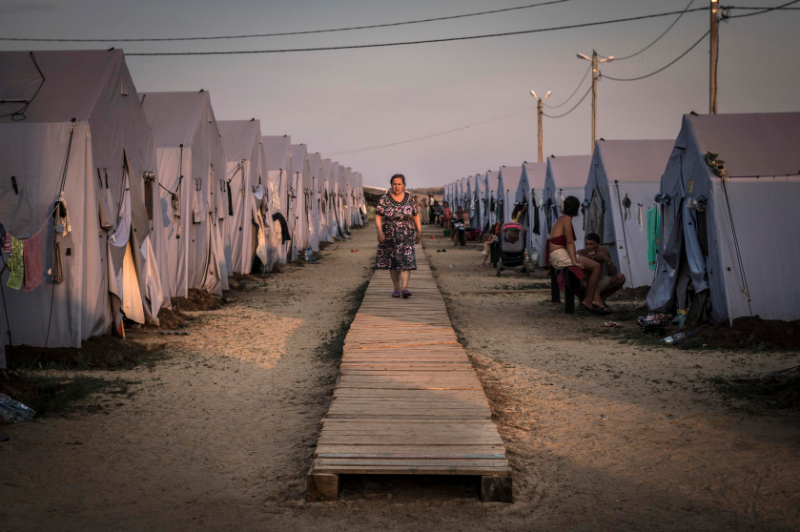
Kyiv: Both Russian and Ukrainian officials estimate that about two million refugees from Ukraine have been deported to their countries. These transfers have been characterized as forced visits by Ukraine into hostile territory, which is illegal under international law. Humanitarian evacuation is what Russia refers to them.
While the reality is more complex than the Ukrainian government claims, an investigation by the Associated Press has revealed that many refugees are actually forcibly brought to Russia, subjected to abuse, their documents looted, and uncertain about their future or even where they are.
Starting point: choose between dying in Ukraine and living in Russia. The treatment they receive varies from interrogation and bandage searches to being detected and never seen again as they pass through a series of points known as filtration points. Refugees spoke of an elderly woman who died from exposure, her body swollen, and an evacuation who was beaten so brutally that she had bruises on her back.
Those who "pass" the filtration are often invited to stay and given the option of receiving the approximately 10,000 rubles ($170) payment that was promised.
Their Ukrainian passports can sometimes be revoked, and they may be offered Russian citizenship in their place. Additionally, they are sometimes forced to sign documents that blame the Ukrainian military and government.
By most accounts, most people cannot travel anywhere else because they lack funds or contacts in Russia. The AP confirmed that more than two dozen Russian cities and towns have provided temporary housing for Ukrainians.
However, the AP investigation also found signs of conflict with the official government statement that Ukrainians are being protected from the Nazis within Russia.
Almost all refugees AP expressed gratitude to the Russians who quietly helped them through a secret network, obtained documents, traced housing, paid train and bus fares, converted Ukrainian hryvnia into Russian ruble, And even carried temporary items. Remnants of his pre-war life.
Based on 36 Ukrainians, mostly from Mariupol, who left for Russia, including 11 who are still there, as well as those in Estonia, Lithuania, Poland, Georgia, Ireland, Germany and Norway, the investigation is the most thorough. Transfer by date.
In addition, the AP used official Russian media, video footage, legal records and interviews with Russian underground activists.
In Mariupol's cellar, Zadoyanov was exhausted and starving when he finally agreed to leave. Russia was served only by buses.
On the way, Russian officers interrogated him and searched his phone. Zhdoyanov was questioned about his sexual orientation towards a camper as well as being baptized.
He and others were brought to the railway station and informed that Nizhny Novgorod, 1,300 km (800 mi) from the Ukrainian border, would be their final destination. Zadoyanov called Natalya to Poland by train. His fear increased.
According to government documents, the relocation of thousands of people from Ukraine is a well-thought-out, systematic strategy.
While technically free to leave, some Ukrainians remain in Russia because they have nowhere to go, no money, no documents, or no way to travel vast distances in a country twice the size of the United States. There is no way.
Others may have strong family ties to Russia or would prefer to start somewhere where they at least understand the language. And some mistakenly worry that Ukraine will try to take the enemy's side if they return.
Russia broadens its war plans for Ukraine as fatalities increase
European Union to impose more sanctions on Russia
Ukraine's First Lady Olena Zelenska on a visit to the White House